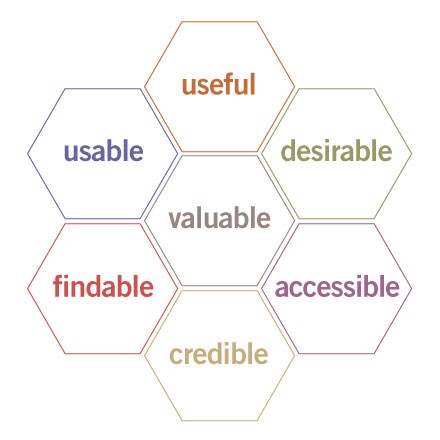HRE Column: Five Big Themes in HR Tech and #HRTechConf
Here is my semi-frequent reminder and pointer for blog readers that I also write a monthly column at Human Resource Executive Online called Inside HR Tech and that archives of which can be found here.
As usual, the Inside HR Tech column is about, well, HR Tech, (sort of like I used to write about all the time on this blog), and it was inspired by the planning process for the upcoming HR Technology Conference, (October 4-7, 2016 in Chicago).
As the Conference program comes together one of the most common questions I get from people is if there is a theme or a main subject of focus at the event in a given year. And this year, as in the past, I don't generally set out to program to a specific theme or set of ideas, but rather the overall themes and ideas that people and organizations are most interested in tend to reveal themselves, and the program takes shape. On this month's Inside HR Tech column I take a look at some of these 'big themes', what they suggest for HR and business leaders, and point readers to sessions at the Conference that are great examples of how we will cover those themes at the event.
Here is an excerpt of the HR Exec column titled 'Five Big Themes in HR Tech'
The 19th annual HR Technology Conference and Exposition® is fast approaching (Oct. 4 through 7 in Chicago) and, in my capacity as program co-chair, I get a unique opportunity to talk with dozens of executives from HR technology solution providers, organizational HR leaders, industry analysts and thought leaders as I review and prepare the conference agenda.
Through these many conversations, solution demonstrations and my participation in industry events, I try to get an overall idea on which trends, themes and important ideas are driving the practice of HR and are reflected in the HR technology landscape. This year, I'd like to share what I think are the five big themes and trends in HR tech, what they suggest for HR leaders and offer a little bit of a preview of how these themes will be covered in the upcoming HR Tech Conference.
1. Making Sense of HR and People Data
If there has been any single, consistently cited HR trend in the last several years it's the increased use of data and analytics in the practice of HR and talent management. This trend is still in the early stages of more mainstream and common adoption in organizations, and once again at this year's HR Tech Conference we will focus on some success stories of organizations that are making early and important progress in implementing analytical approaches and technologies to inform and improve people processes and talent-management decisions. As analytics and data-driven capabilities become more accessible and available in HR technology solutions, it will be critical for HR leaders to stay up-to-date on these latest developments, to learn from early-adopter organization successes, and to position themselves and their HR teams for what is coming next.
Featured Session: Using Predictive Analytics to Improve Hiring and Retention at Foot Locker
2. Engaging and Retaining Talent
Just as analytics remains an HR "trend" that does not show signs of diminishing in importance any time soon, the organizational challenges of engaging and retaining the best and most talented employees continues to rank high on the agendas of most HR and business leaders. As the economy continues to improve, and unemployment rates decline to near "full employment" levels (at least in the United States), talent management has likely never been more critical to the success of the modern organization. The stubborn skills mismatch in many in-demand job roles only adds to the need to improve talent-management practices. The HR technology marketplace, of course, is responding to these challenges, with an evolving set of solutions to help HR leaders and organizations with these important talent concerns.
Featured Session: Taking Talent Management from Antiquated to Innovative at White Castle
3. The Continuing Impact of Marketing on HR and HR Tech
A few years ago, we began to see more collaboration between marketing and HR in the areas of recruitment advertising, employment branding and candidate experience. Today, most HR and talent-acquisition leaders have seen the value of this increased amount of integration and collaboration, and the adoption of many marketing principles in HR and recruiting processes. It's not just Candidate Relationship Management systems where we see this manifest in HR technology -- in the last few years new HR tech solutions for managing HR and recruiting content marketing, crafting, shaping, and communicating the employer brand, and helping employees share their unique career stories with the outside world have emerged.
Featured Session: The Employer Value Proposition: What the CHRO Needs to Know
Read the rest at HR Executive online.....
You know you HAVE to clock over to HRE and check out the remaining big themes at HR Tech this year right? Well, hop over to HRE to find out.
If you liked the piece you can sign up over at HRE to get the Inside HR Tech Column emailed to you each month. There is no cost to subscribe, in fact, I may even come over and take your dog out for a walk or re-seal your driveway if you do sign up for the monthly email.
And one last thing, the Early Bird pricing for the HR Tech Conference expires on Wednesday, August 31 - head on over to the Conference website to be sure in register before that great discount expires.
Have a great weekend!
Have a great day!

 Steve
Steve

